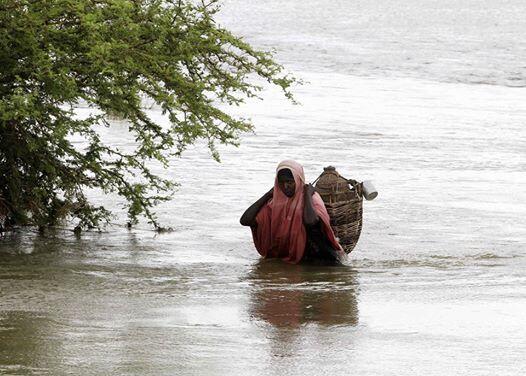Sweden invests in rural communities in Somalia with an additional $ 2 million contribution

GOOBJOOG NEWS/STOCKHOLM: The Government of Sweden has contributed to Somalia through the Swedish International Development Cooperation Agency (Sida) an additional $2 million committed to the Building Resilience in Middle Shabelle (BRiMS) Project.
The Food and Agriculture Organization of the United Nations (FAO) has welcomed Sweden’s timely contribution saying the action will to a great extent increase the resilience of vulnerable peoples’ livelihoods to food crises by addressing some of the underlying vulnerabilities in Middle Shabelle, within Somalia’s breadbasket.
“We appreciate this renewed and timely commitment from Sweden that focuses on strengthening one of the essential building blocks of agricultural food systems in the region,” said FAO Representative to Somalia Etienne Peterschmitt.
“The ongoing severe drought in the region shows that – more than ever before – we must invest in resilient communities and, for the Middle Shabelle region in particular, this means equitable access to and sustainable management of water,” he added.
In the Jowhar corridor, the periodic flooding of the Shabelle River basin causes a lot of destruction including to roads and large-scale human displacement in locations close to the river. The BRiMS Project proposes the rapid closure of river breakage points and the reinforcement of weak river embankments among other measures.
“Effective and sustainable water management is key to addressing cyclical and devastating droughts and floods that have serious and long lasting impacts on already vulnerable communities in Somalia,” said Swedish Ambassador to Somalia, Per Lindgärde.
A strong nexus approach linking short term humanitarian interventions to longer-term development and peacebuilding efforts is needed to tackle a number of the underlying root causes,” said Swedish Ambassador to Somalia,” he added
Per Lindgärde further reiterated Sweden’s commitment to “working with the Somali government and providing continued support to empowering communities in implementing locally-led solutions to recurring risks and crises.”
Source: FAO – Origin: View Original